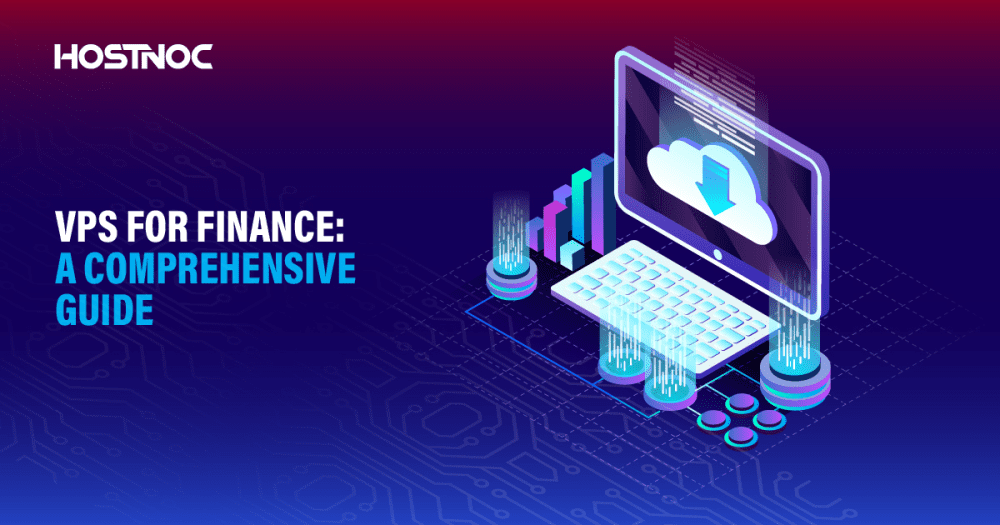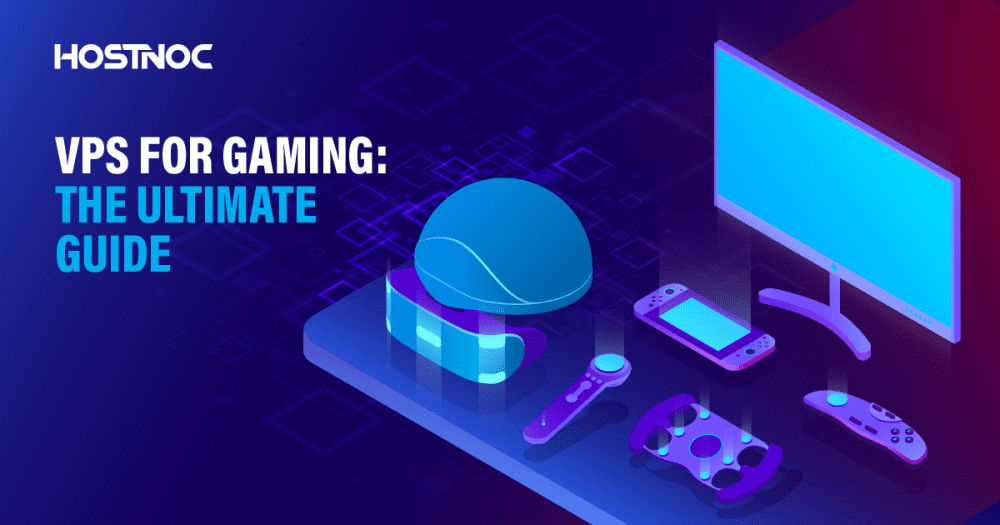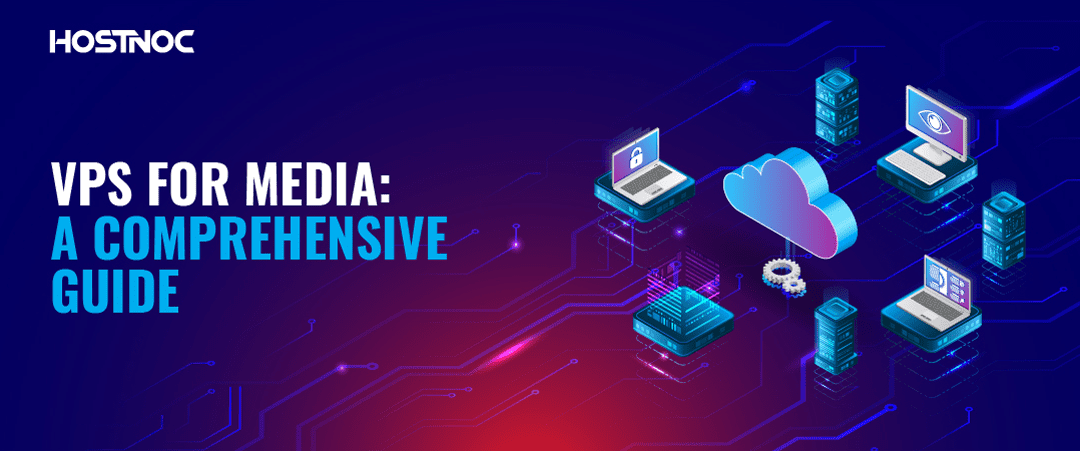Blogs

Interview With Founder of Tideways, Benjamin Eberlei
January 7, 2019
7 Critical Steps Your Business Must Take Today To Implement BYOD Policy Immediately
January 18, 2019You have an online business, and you cannot afford service interruptions because every second that your website stays down translates into a plethora of missed opportunities. No business wants that. You aspire for uninterrupted service and blazing-fast performance, so where could you get it? Linux VPS ensures maximum uptime and speedy performance so that your business can function smoothly and grow your sales.
For a non-techie, getting their heads around complex technical terms might not be the easiest thing to do. There are a number of service providers offering affordable, irresistible hosting plans, but not all cheap plans are good. Do your due diligence before closing the deal! In such a situation, how can you select the best Linux VPS according to your business needs? What factors should you consider before purchasing Linux hosting? If you are looking for an answer to that question, you are at the right place.
Here is a checklist for buying a Linux VPS that you should follow when buying one.
1. CPU
Managing the CPU execution load proves to be one of the biggest ordeals for dedicated server owners. Depending on what you are planning to use your Linux VPS server for, it is important for you to purchase a CPU that can handle it without breaking a sweat. For instance, if you are going to use the server for gaming, you should invest in a top-notch CPU because gaming will inevitably push your CPU to its limits. Get more processing power for faster response.
2. RAM
Akin to a computer, servers also have RAM. How much RAM do you need for your VPS server? To give you a rough idea and help you answer that question, if your server has 1 GB RAM coupled with a single-core CPU, it can easily keep your website up and running and deliver a smoother user experience to 2000 visitors per day. Assess your needs and get enough RAM to run business operations smoothly. If your website attracts more visitors than that, you should think about investing in more RAM. The amount of RAM your server has will directly impact your page load times, so it is always a better idea to get more RAM, so your visitors don’t have to wait for your website to load. Here is how your website’s loading time affects your bottom line.
3. Bandwidth
How many active users or visitors visit your website at any moment? Answering this question will help you get the right amount of bandwidth you need. Additionally, how these users are using your website. Are they watching videos or playing games, or just looking for some information about your products? Even a small website requires somewhere around 100-300 GB of bandwidth, while media intensive websites might require 500-1000 GB to facilitate all users.
4. Disk Space
Ask yourself how much data you want to store on the server, and it will help you in deciding how much disk space you must acquire. The amount of data is directly related to the type of website you are hosting. To give you a better idea, a personal blog consumes less disk space than a social network. 200 GB disk space is more than enough to handle personal blogs efficiently. When buying Linux, do check out the disk space requirements.
5. Scalability
The pace at which the business world and online landscape are evolving forces you to stay on your toes. If you fail to do that, your online business will soon become history. This is why it is important to invest in a Linux VPS server that grows with your business. Your server must be capable of handling a sudden surge in website traffic. Before buying a Linux VPS, ask your service provider whether the server you are planning to buy is scalable or not. If they are not scalable, you are better off looking elsewhere.
There is no point in squandering hundreds and thousands of dollars to get a Linux VPS server that will become obsolete. You need a VPS server that can not only fulfill your current needs but is also scalable. Think about how your future resource requirements will grow over time, and sign up for a server that can futureproof your online business.
6. Reliability
Apart from all these hardware and network considerations, you also need to consider the reliability of servers. This includes everything from server uptime to page loading speeds, website monitoring systems, security protocols, and load balancing techniques. Most vendors might make tall claims about uptimes and page loading speeds, but their claims are empty boasts. As a business, you cannot compromise on the reliability of the server, even if you have to pay a little more to get additional services such as regular backup, monitoring, and a secure environment.
Which factor do you consider when purchasing a Linux VPS? Feel free to share it with us in the comments section below.
Featured Post
VPS for Finance: A Comprehensive Guide
Technology plays a crucial role in enhancing the speed, security, and reliability of trading systems. One of the most important tools for traders, analysts, and financial […]
VPS for Gaming: The Ultimate Guide
Lag, random crashes, and strict limits from shared hosting can quickly ruin an online gaming session—especially when you’re trying to host a private server or grow […]
VPS for Media: A Comprehensive Guide
A Virtual Private Server, or VPS, powers modern media workflows. Media brands depend on fast delivery. Video creators need stable performance. Audio streaming platforms require zero […]












